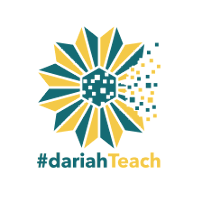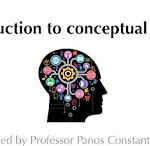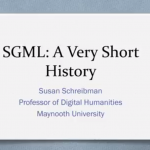Our #dariahTeach launch press release is circulating on the web. You can find it already on the DARIAH website and on Calenda. Full text below.
The #dariahTeach conference is announced on swissuniversities website and on the Unil website.
*******************
Launch of the #dariahTeach Teaching Platform for Digital Arts and Humanities
23 March 2017 5.30pm
Lausanne, Switzerland
#dariahTeach is an open source, extensible, online multilingual, community-driven platform for high quality teaching and training materials for the digital humanities specifically tailored for third-level education.
Digital humanities is a relatively new discipline at the intersections of computing, information studies, design, and the various disciplines of the arts or humanities. It is inherently collaborative, transdisciplinary, and computationally engaged.
#dariahTeach supports educational values such as creation, creativity, autonomy, and social networked learning. It also is experimental in understanding online curriculum development as design thinking. The goal is to provide a flexible offering that can be integrated into diverse teaching and learning situations: both for teachers in the classroom, as well as for students who are not at institutions which offer digital humanities as a subject area.
On 23 March 2017 the beta version of the platform and the content will be released at 5.30pm. The launch ceremony will available via a live stream here:
https://www.unil.ch/central/fr/home/menuinst/unil-en-bref/en-images/en-direct–live.html
Begun in January 2015, and funded by an Erasmus+ Strategic Partnership, #dariahTeach is a partnership of eight academic institutions across Europe. Maynooth University (NUIM) (Ireland) is coordinating the Partnership which includes DIGHUMLAB Aarhus University (Denmark); Athena Research and Innovation Center in Information Communication & Knowledge Technologies (Greece); Austrian Academy of Science (Austria); Belgrade Centre for Digital Humanities (Serbia); Erasmus University Rotterdam (The Netherlands); Swiss Institute of Bioinformatics (Switzerland); University of Lausanne (Switzerland).




